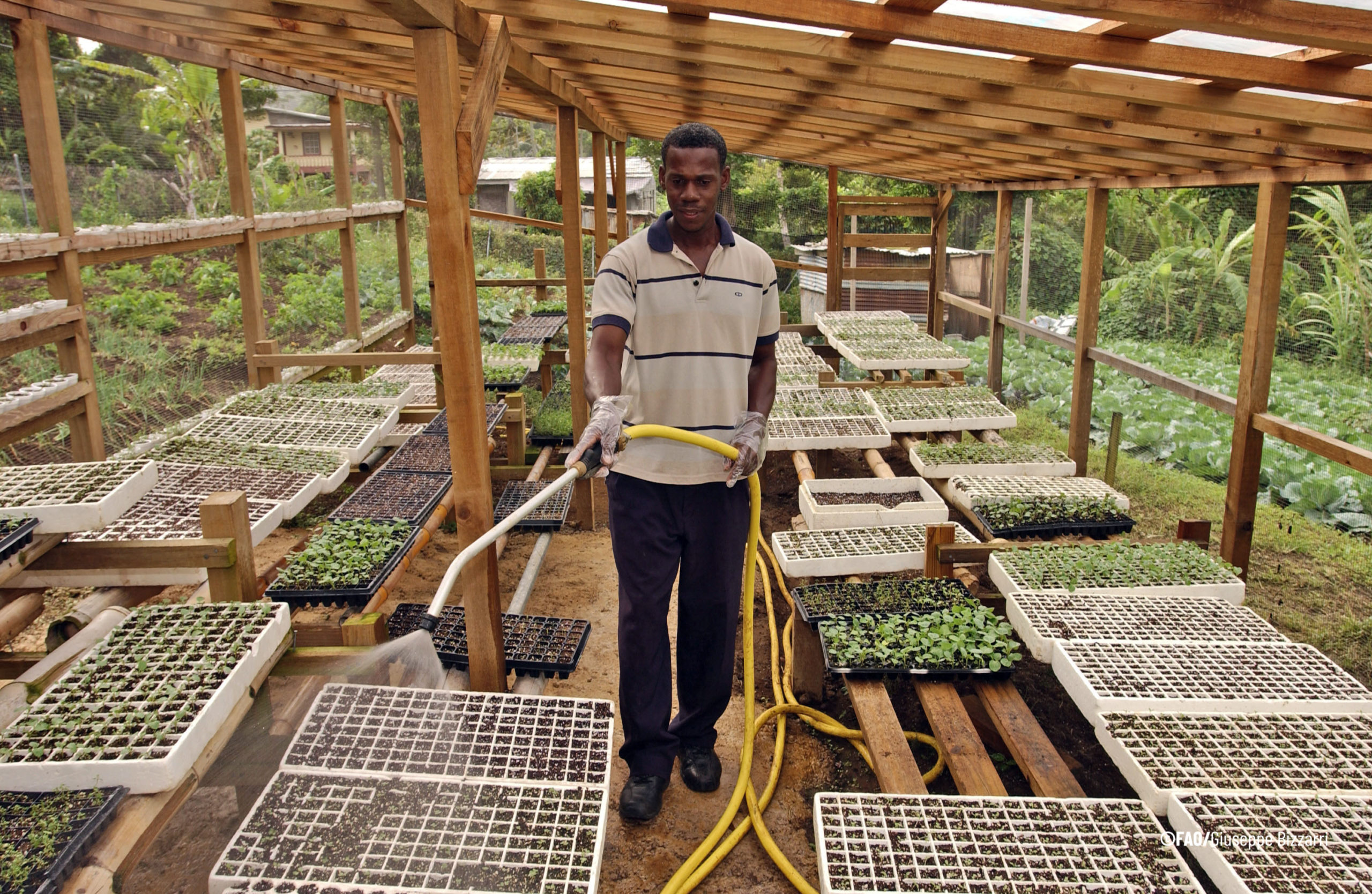January 19, 2021 The Platform for Climate Action (PLACA) - a regional initiative that seeks to create a space for coordinating and strengthening climate action in agriculture to address climate change - began its working groups with technical meetings on research, public policy, transfer and best practices, and adaptation and mitigation.
This process will culminate in February with annual work plans for each of the PLACA groups.
PLACA brings together representatives of the ministries of agriculture of Argentina, Bahamas, Brazil, Chile, Costa Rica, Guatemala, Mexico, Peru, Uruguay and the Dominican Republic to support national and regional strategies related to climate action in agriculture. FAO and ECLAC provide the secretariat.
The Platform considers the social, environmental and economic dimensions to seek synergies between the initiative and major environmental conventions, such as Climate Change, Agenda 2030, the Sendai Framework for Disaster Risk Reduction 2015-2030, and the Conventions on Biological Diversity and Combating Desertification and Drought.
Key emphases for 2021
Among the main results of the technical meetings of the thematic working groups was the importance of developing indicators, based on research and development, to characterize the benefits and promote concrete innovations in Latin America and the Caribbean.
Participants agreed to work in a coordinated manner to propose concrete activities to promote regional coordination and collaboration among countries on the various issues related to agriculture and climate change.
"The idea is that we can support the scaling up of climate action initiatives of national and regional interest, making sure that this reaches the people, the small producer," said Angelina Espinoza, president of PLACA and climate change specialist at Chile's Office of Agricultural Studies and Policies."
About PLACA
The Platform for Climate Action in Agriculture in Latin America and the Caribbean was launched in 2019, within the framework of COP25. It is a regional mechanism for voluntary collaboration on agriculture and climate change, aimed at productive agricultural development, adapted to the effects of climate change, resilient and low in greenhouse gas emissions.
Seeks to generate a regional space for the exchange of knowledge, technologies and collaborative practices in agriculture to support the implementation of domestic climate change policies.
In addition to the 10 member countries mentioned above, it has six partner organizations: the World Bank; Conservation International; the CGIAR Research Program on Climate Change, Agriculture and Food Security (CCAFS); the Global Alliance for Climate-Smart Agriculture (GACSA); the Natural Resources Institute of Finland (LUKE); and the World Meteorological Organization.
